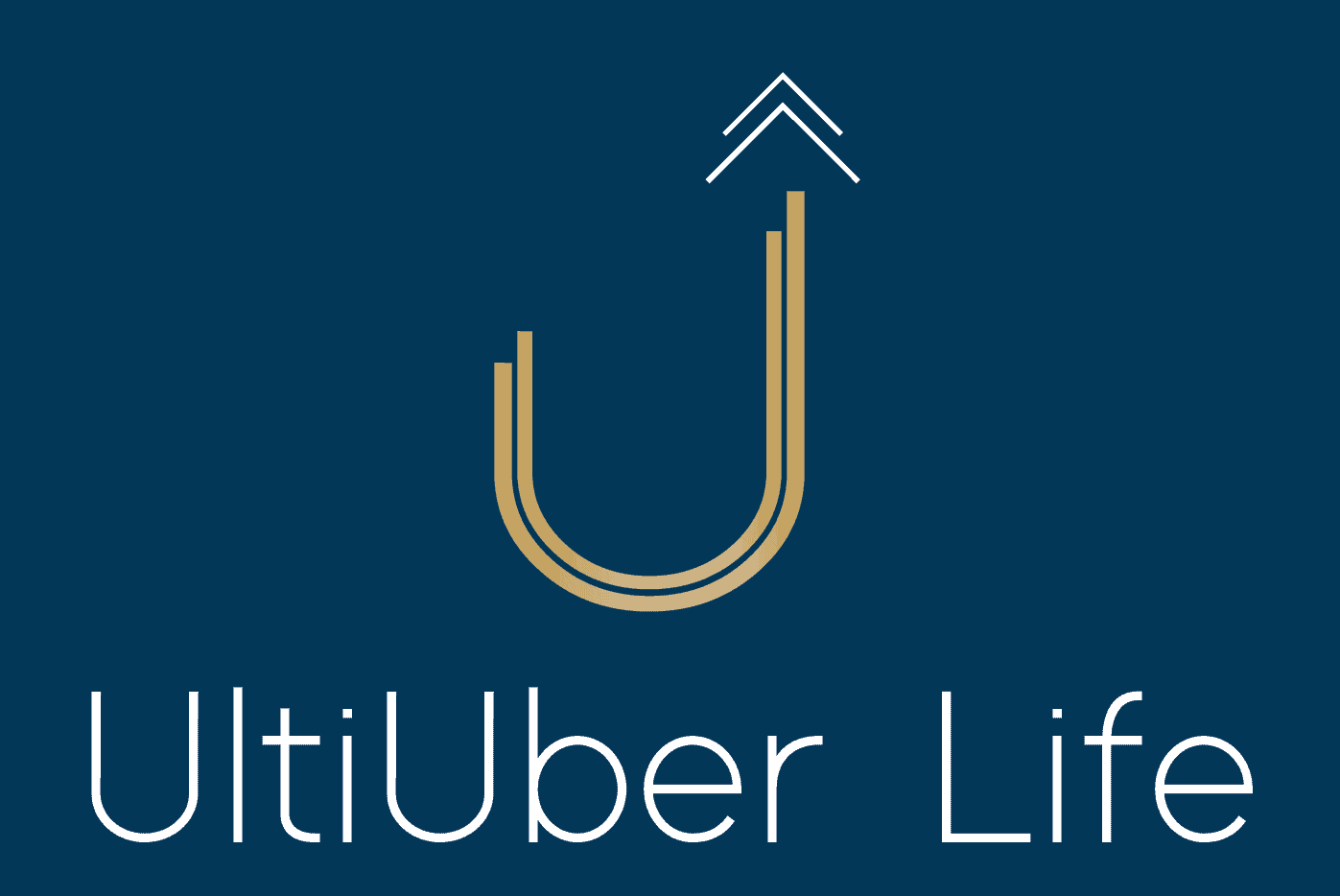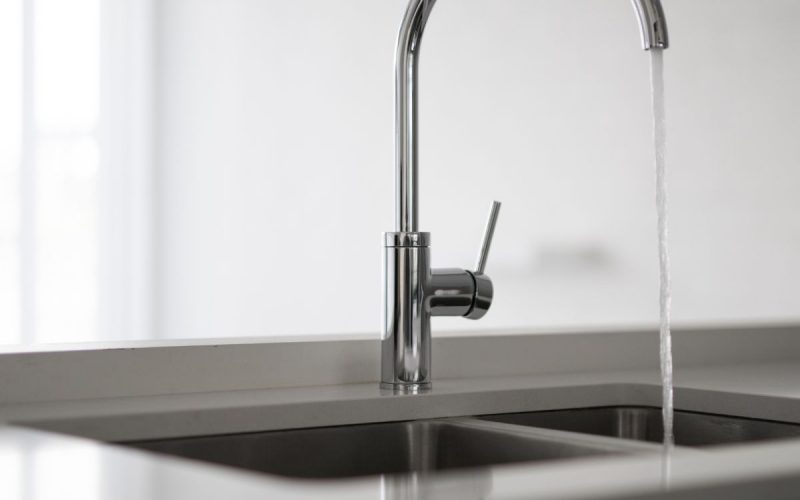One of the many homeowner duties includes maintaining your plumbing system. However, if you’re new to maintenance, you may have some questions. Class is in session for plumbing 101! Follow these valuable tips for new homeowners and thrive in your new space.
Recognize the Signs of a Leak
If you don’t catch leaks early, they can do serious damage on your new home. Thankfully, there are a few things you can watch out for.
Dripping sounds, wall discoloration, musty smell, and bubbling wallpaper are all signs of a leak inside your home. It’s best to locate the leak source and contact a plumber immediately.
Take Note of Water Pressure
Did you know that high water pressure is a plumbing issue that can cause your drain pipes to burst? For any home, water pressure between 40 and 55 psi is ideal (but it should not exceed 60 psi).
In addition to potential pipe bursts, high pressure can also lead to leaks. It’s important to take note of the water pressure in your home and ensure that it’s on the proper psi.
Prepare an Emergency Maintenance Kit
Unexpected leaks and clogs can ruin your day, especially if you don’t have the right tools on hand. Therefore, it’s best to prepare an emergency maintenance kit and store it inside your home.
Items like duct tape, screwdrivers, metal files, pipe wrench, and extra towels can help during mishaps. The kit can also come in handy for everyday maintenance.
After all, maintaining your plumbing system is a home maintenance task you can’t afford to forget. You can mitigate accidents and resolve issues quickly.
Be Aware of Items in Your Drains
Being aware of items in your drains is a valuable plumbing tip for new homeowners because it prevents clogs. Hair, food, soap scum, and grease can slip into your drains and create problems.
Fortunately, staying cautious and only permitting liquids (or human waste in toilets) to go down the drains is best!
Create a Plumbing Checklist
Before leaving your home for an extended period of time, it’s best to create a plumbing checklist. The list includes things you should do before heading off.
For example, turning off your home’s main water supply can prevent flooding or leaks when you’re away on vacation. Ultimately, the checklist will avoid plumbing mishaps.

